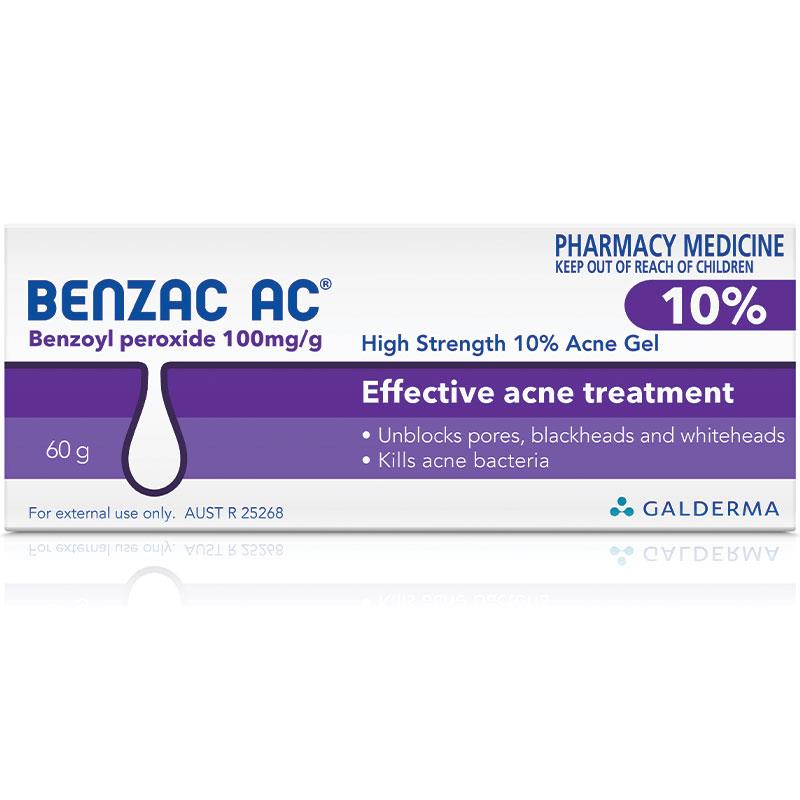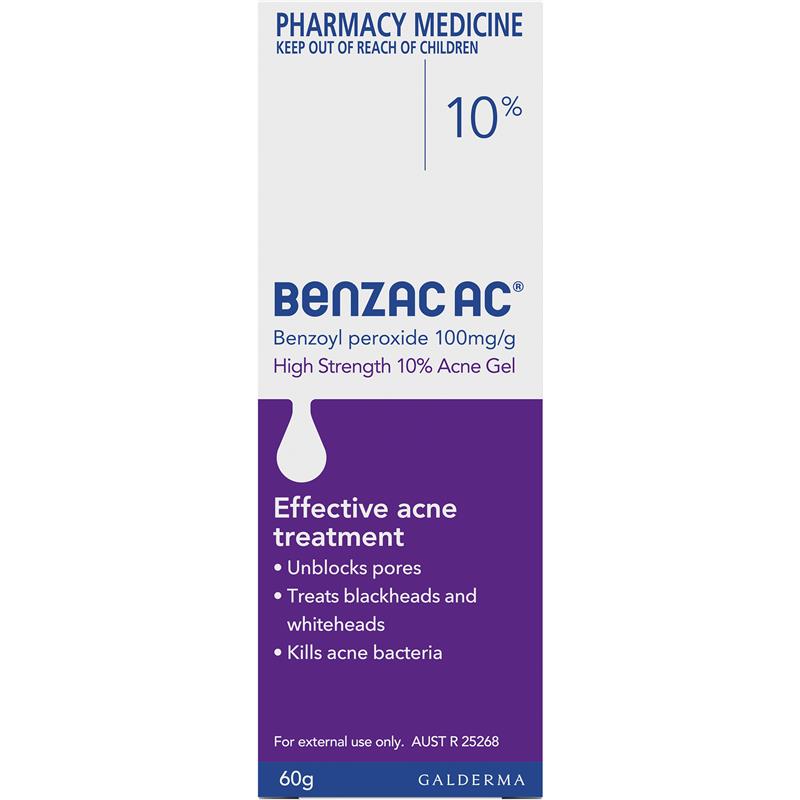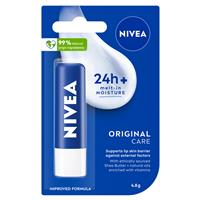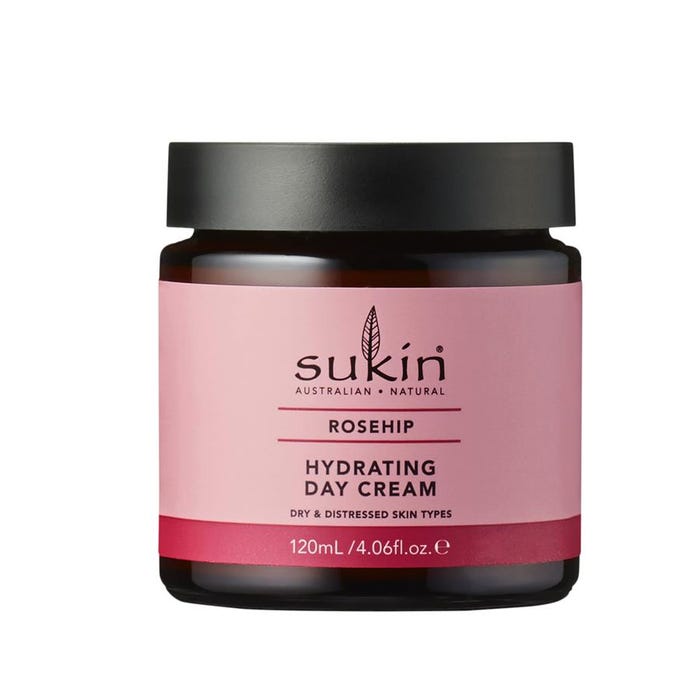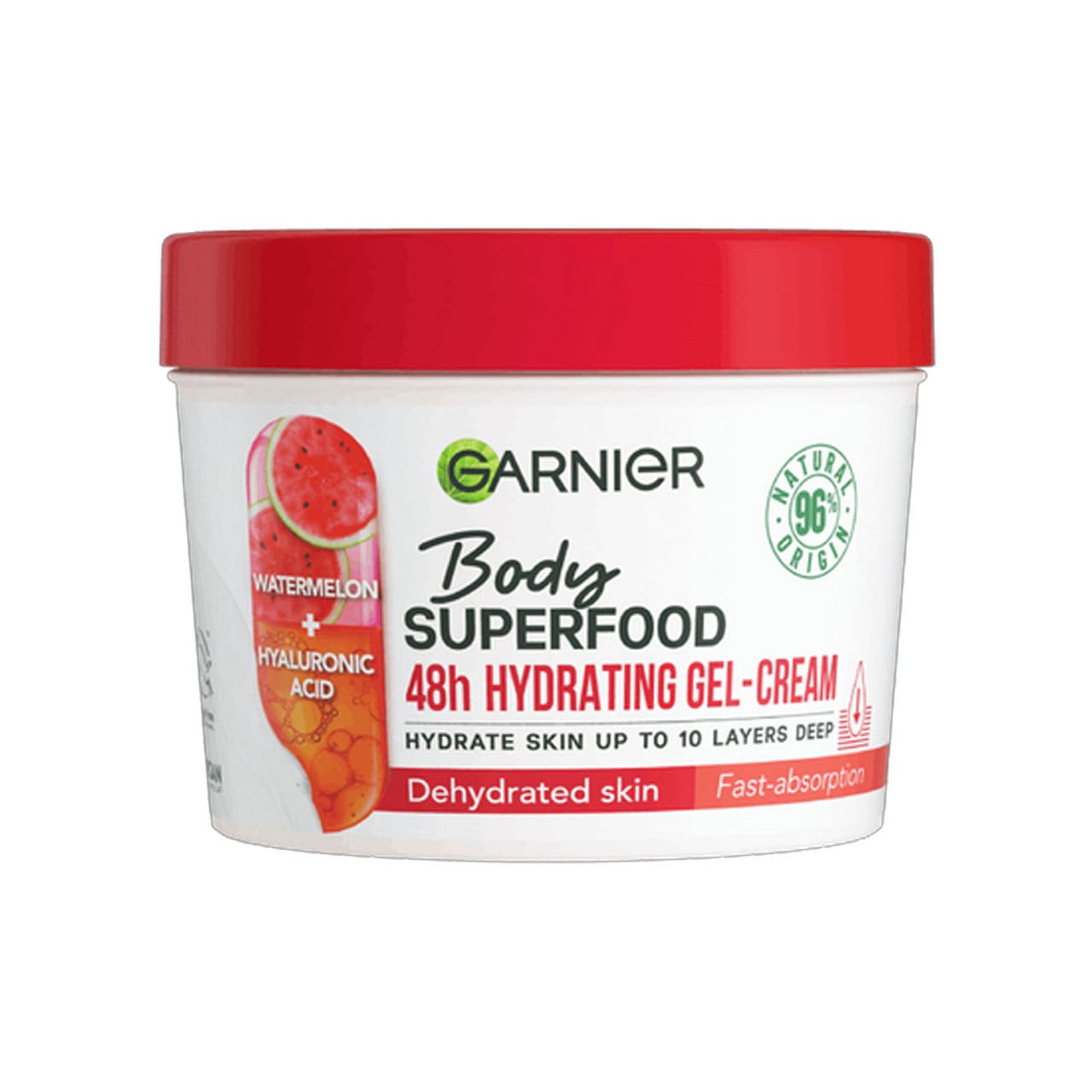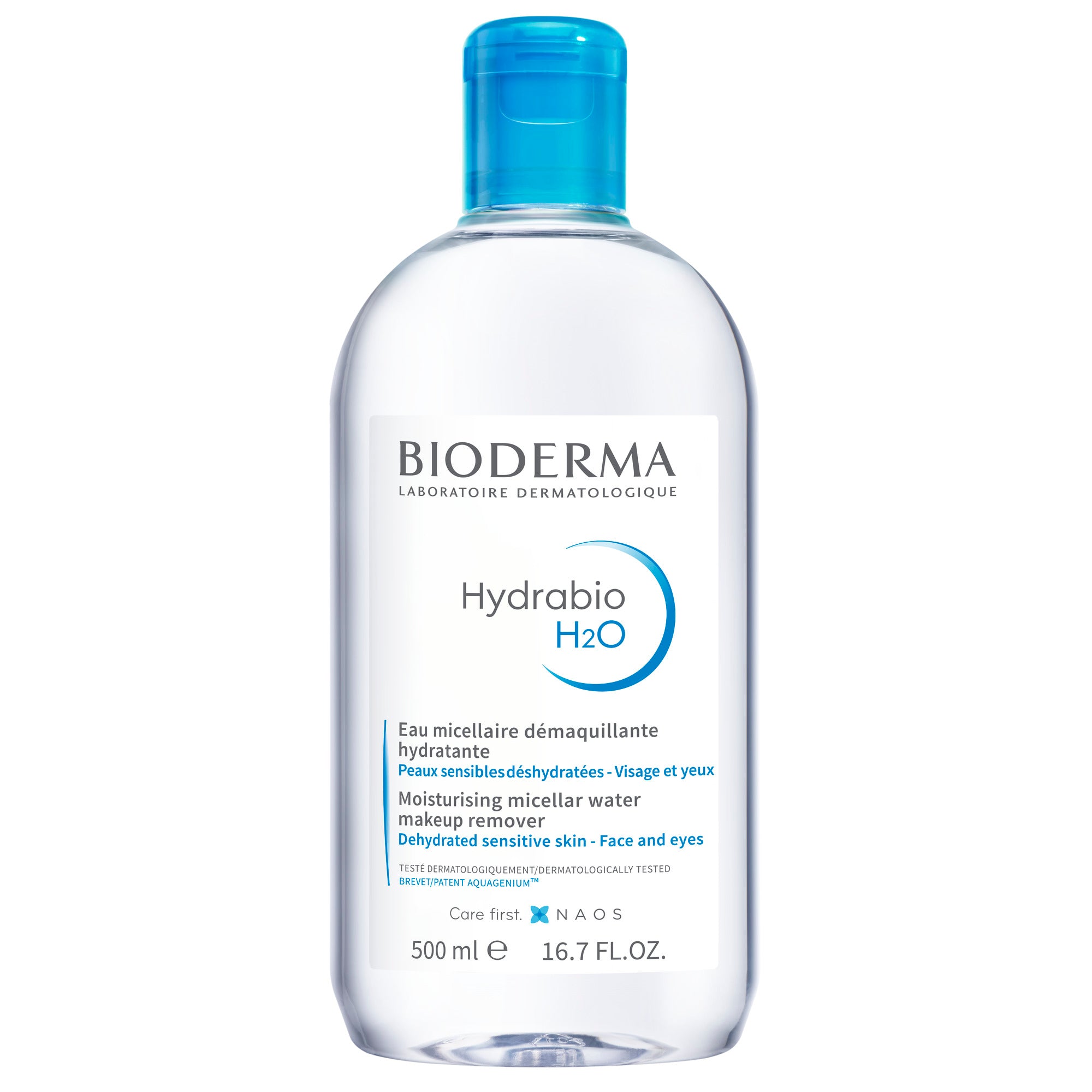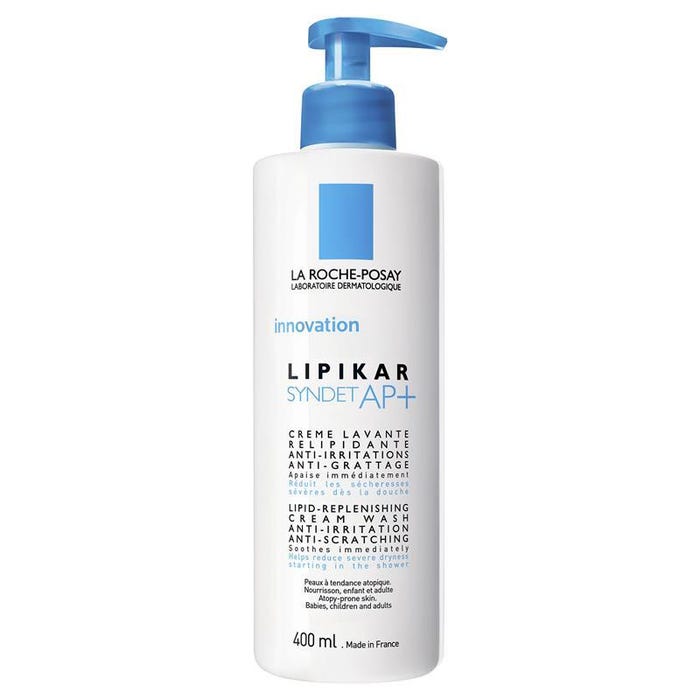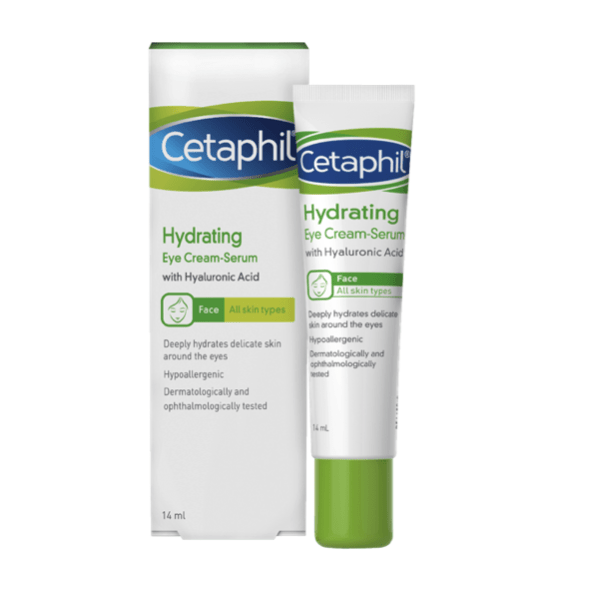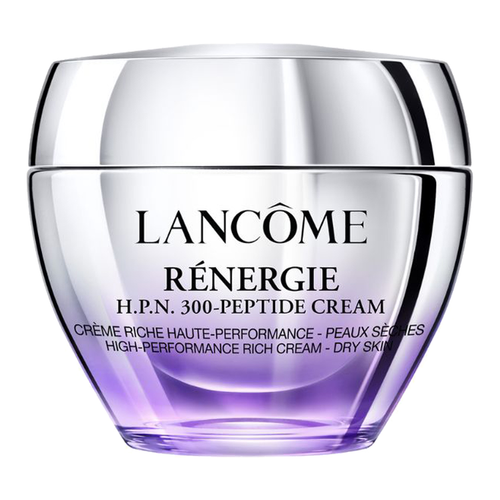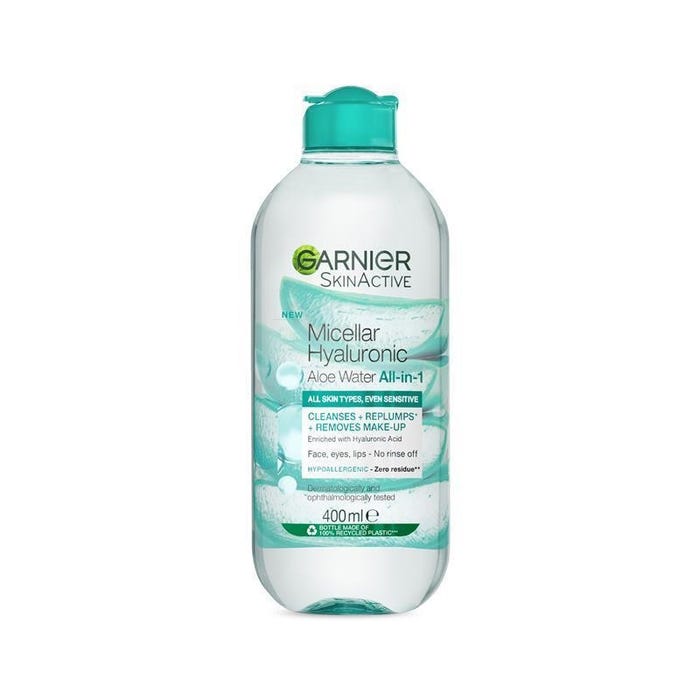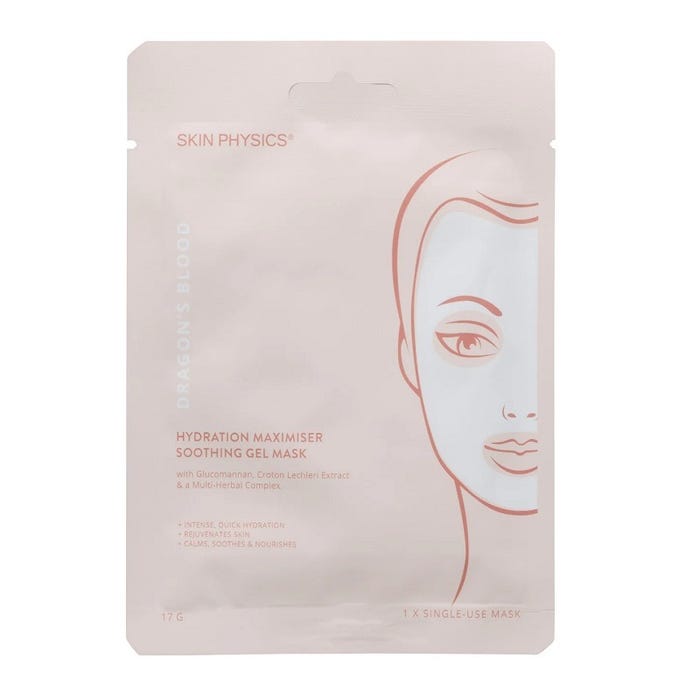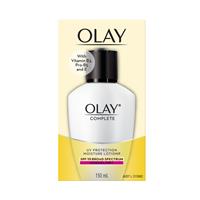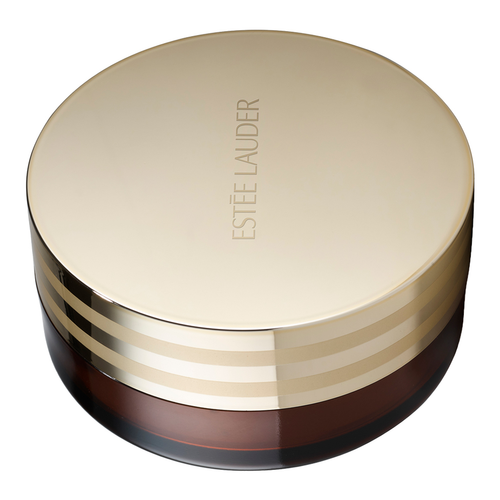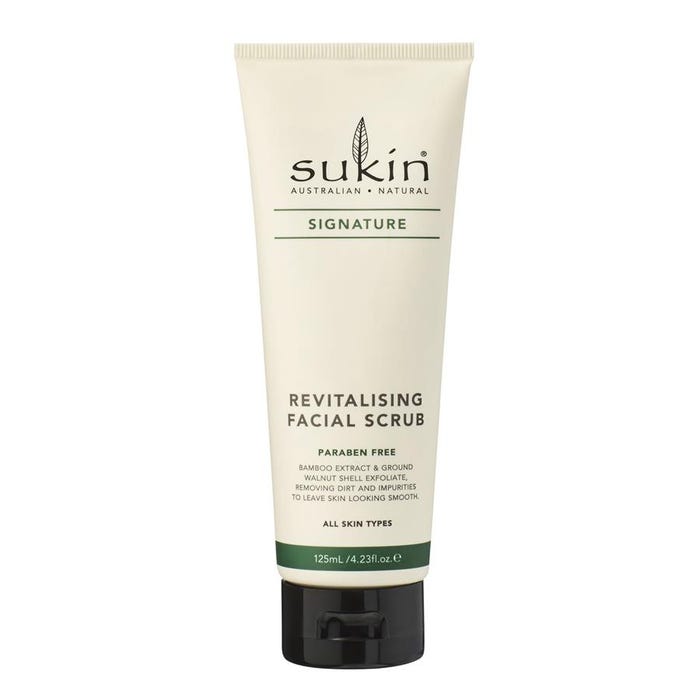Benzac AC High Strength Gel 10% 60g
Benzac AC Gel 10% 60g
Highly targeted, effective spot treatment that kills up to 94% of the bacteria that causes acne2,3.
Highly targeted, effective gel treatment in your fight against acne, harnessing acrylates copolymer – tiny beads that absorb up to four times their own weight in fluid – to soak up excess oils, but leaving the water healthy skin needs untouched. Added glycerin leaves your skin feeling smooth and soft.
- Kills P. acnes bacteria
- Reduces blackheads and whiteheads
- Clears blocked pores
- Acrylates copolymer technology removes excess oiliness as well as rehydrating the skin during treatment
- With antimicrobial benzoyl peroxide
You can buy Benzac AC Gel 10% 60g online in Australia from Chemist Direct
As the second step in your three-step acne treatment routine, only use Benzac AC High Strength 10% Acne Gel on affected areas. Make sure you wash with a cleanser first, before patting your skin dry. Next, apply a thin film of gel – just once a day – and leave it for two hours. Wash off well with water and pat dry, before applying a light moisturiser. If, after three days, you’ve felt no discomfort, apply in the evening and leave overnight before washing off. After seven days, if there’s no redness or peeling, and your condition has not improved, use twice daily, morning and night.
Unless you have sensitive skin, as a general rule, begin your treatment with Benzac AC Mild Strength 2.5% Acne Gel before moving to Benzac AC Moderate Strength 5% Acne Gel and Benzac AC High Strength 10% Acne Gel. If your condition has not improved after one month, consult your Health Professional.
Active: Benzoyl Peroxide 100 mg/g; Inactives: Docusate Sodium, Disodium Edetate, Poloxamer 182, Carbomer 940, Propylene Glycol, Acrylates Copolymer, Glycerol, Silicon Dioxide And Purified Water, Sodium Hydroxide To Adjust pH.
Always read the label. Follow the directions for use.
